US says may walk away from Vienna talks, not to remove all sanctions
Secretary of State Antony Blinken has sought to take pressure off the US by saying that it will become “very hard” to return to the 2015 Iran nuclear agreement if negotiations in Vienna continue without progress.
Washington is dragging its feet on removing sanctions despite having declared that it is ready to undo the wrongs of the former Trump administration which abandoned the Joint Comprehensive Plan of Action (JCPOA) in 2018.
Speaking to reporters in Paris on Friday, Blinken said Washington still has “serious differences” with Tehran despite months of diplomatic efforts in the Austrian capital to resurrect the nuclear agreement.
Iran is insisting that while it is against attritive negotiations, it is ready to wait as long as it takes before the US remove all sanctions imposed, reimposed and relabeled by the former government in a verifiable manner.
“There will come a point, yes, where it will be very hard to return back to the standards set by the [deal],” Blinken said. “We haven’t reached that point – I can’t put a date on it – but it’s something that we’re conscious of.”
If Iran “continues to spin ever more sophisticated centrifuges” and steps up uranium enrichment, it will bring nearer the “breakout” time, he added.
Since April, envoys from Iran and the P4+1 group of countries have been engaged in the Vienna talks aimed at returning the US to compliance.
An American delegation is also in Vienna, but it is not attending the discussions because the United States is not a party to the nuclear deal.
Former US president Donald Trump abandoned the deal in May 2018 and re-imposed the anti-Iran sanctions that the JCPOA had lifted. He also placed additional sanctions on Iran under other pretexts not related to the nuclear case as part of the “maximum pressure” campaign.Following a year of strategic patience, Iran resorted to its legal rights stipulated in Article 26 of the JCPOA, which grants a party the right to suspend its contractual commitments in case of non-compliance by other signatories, and let go of some of the restrictions imposed on its nuclear energy program.
Now, the new US administration, under President Joe Biden, says it wants to compensate for Trump’s mistake and rejoin the deal, but it is showing an overriding propensity for maintaining some of the sanctions as a tool of pressure.
Tehran insists that all sanctions should first be removed in a verifiable manner before the Islamic Republic reverses its remedial measures.
In his remarks, Blinken claimed that Biden still supports a return to the JCPOA. “We have a national interest in trying to put the nuclear problem back in the box that it was in the [deal].”
At the press conference alongside Blinken, French Foreign Minister Jean-Yves Le Drian claimed that the responsibility now lies with Iran.
“We expect the Iranian authorities to take the final decisions — no doubt difficult ones — which will allow the negotiations to be concluded,” he said.
Iran’s Foreign Ministry spokesman, Saeed Khatibzadeh, said, “The opposing sides are the ones who must take the decisions.”
“The Islamic republic of Iran had never left the JCPOA to return to it,” he added. “The United States and the Europeans know best that Iran made its decision when it remained in the deal and kept it alive despite the unilateral US withdrawal from JCPOA, the imposition of illegal and oppressive sanctions against the Iranian people and Europe’s inaction.”
Malley: US not going to lift all Trump-era bans
On Friday, US Special Envoy for Iran Robert Malley emphasized that Washington is not going to remove all of the Trump-era sanctions.
The Iranians “want all of the sanctions that President Trump's administration reimposed or imposed since 2018 to be lifted. And that's a lot. And we've said we're prepared to remove those that we think we need to remove to be back in compliance with the JCPOA. But we're not going to lift all of the sanctions that the Trump administration imposed,” he told National Public Radio (NPR), a Washington-based American media organization.
He also said that the six rounds of Vienna talks so far have yet to produce an agreement.
“So we're somewhere between the very hard and the possible. We still think it's doable. There's no reason we shouldn't be able to reach a deal. But it depends also on what positions Iran is going to take,” he explained.
Asked whether the United States is prepared to walk away despite its desire to get back into this deal, he replied, “Yeah. I mean, we're not - you know, we're not desperate for a deal any more than we believe Iran is desperate for a deal. But we would walk away if the deal that Iran is prepared to accept is not one that we feel meets our bottom-line interests.”
A senior US official said Thursday Washington will not give Tehran assurances that a future US administration would not withdraw from the Iran nuclear agreement again.
“There is no such thing as a guarantee, and I think Iran knows it and we know it,” the official told reporters during a press briefing.
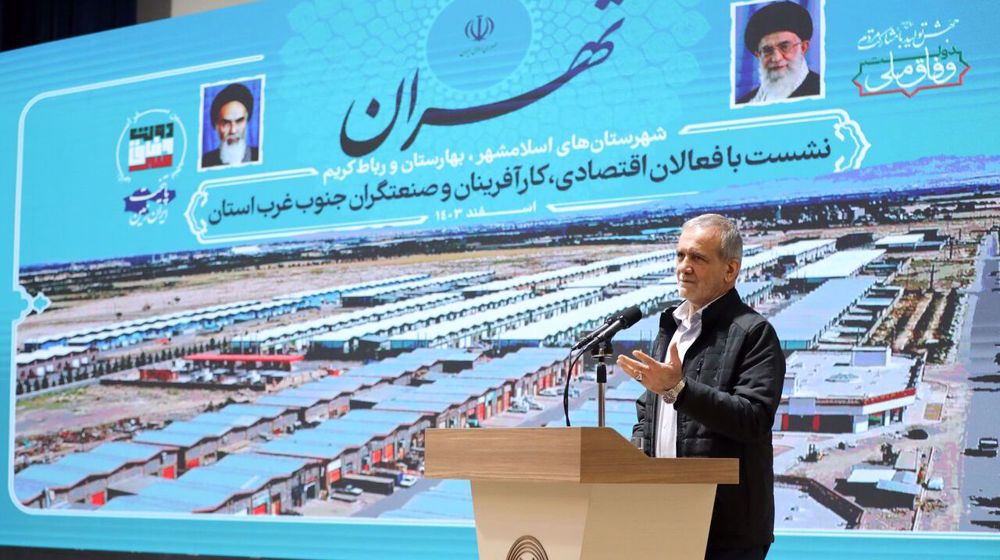
Pezeshkian: Iran open to talks but won’t capitulate to bullies
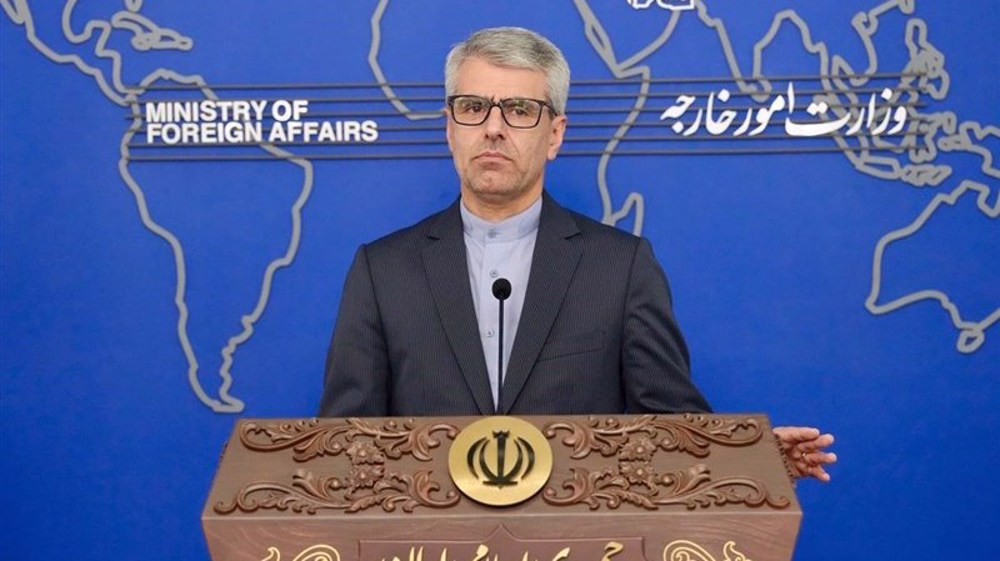
Iran urges swift action to end Israel’s strikes on Syria
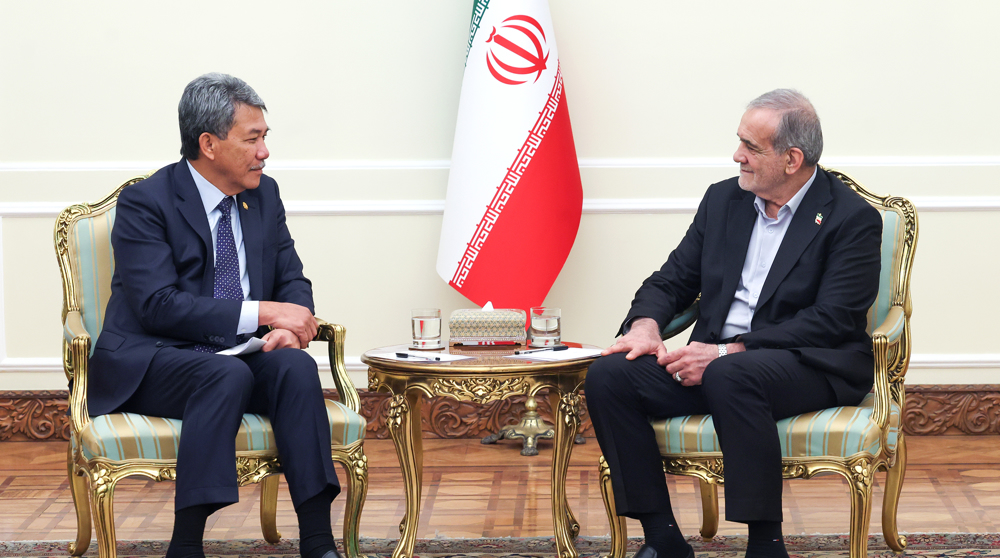
Pezeshkian urges promotion of convergence among Muslim states
VIDEO | Press TV's news headlines
Longest held Palestinian prisoner released by Israel
Iran condemns Israel’s military threats
VIDEO | Pakistan, Iran strengthen trade ties with $10 billion target
VIDEO | What conditions faced by Palestinian prisoners?
Israel carried out mass killing of own people under ‘Hannibal Directive’: Military probe
VIDEO | Telecommunications down in Gaza due to Israeli curbs delaying repairs
Egypt: Hamas-Israel negotiations on next phase of ceasefire begin


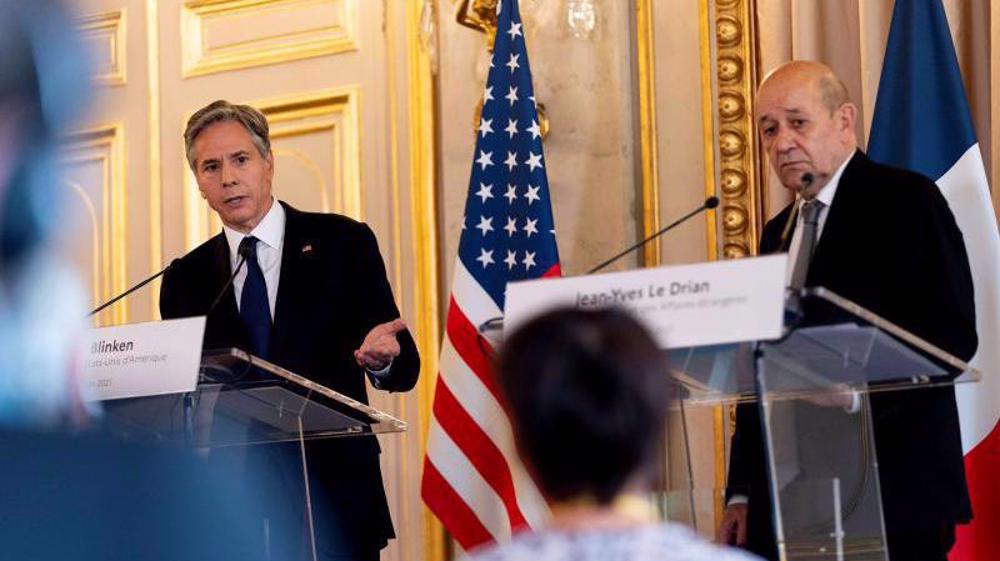
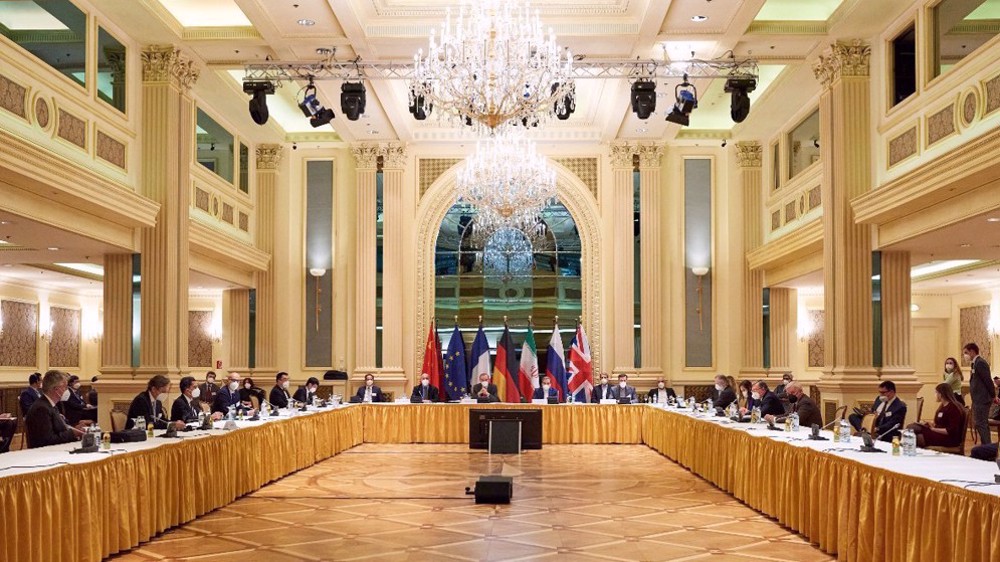
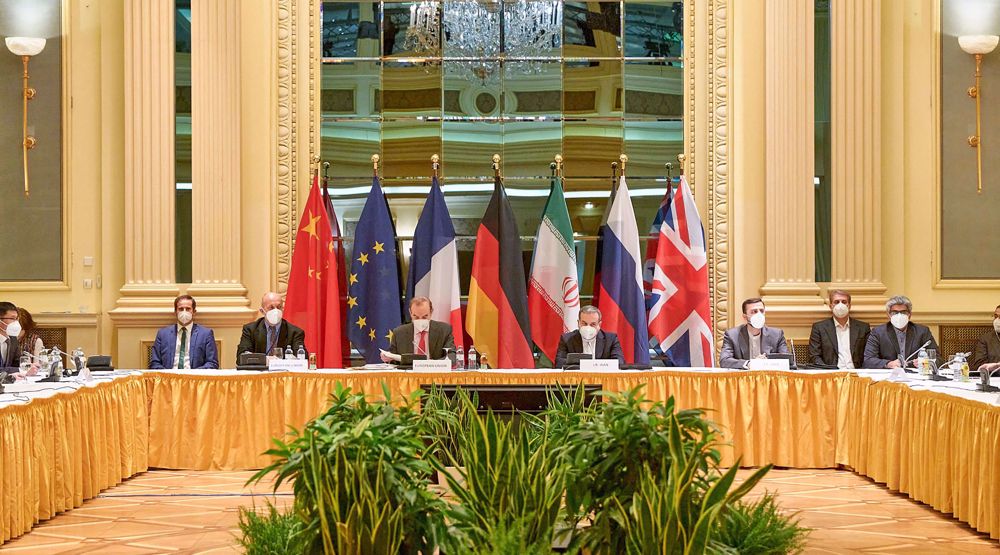
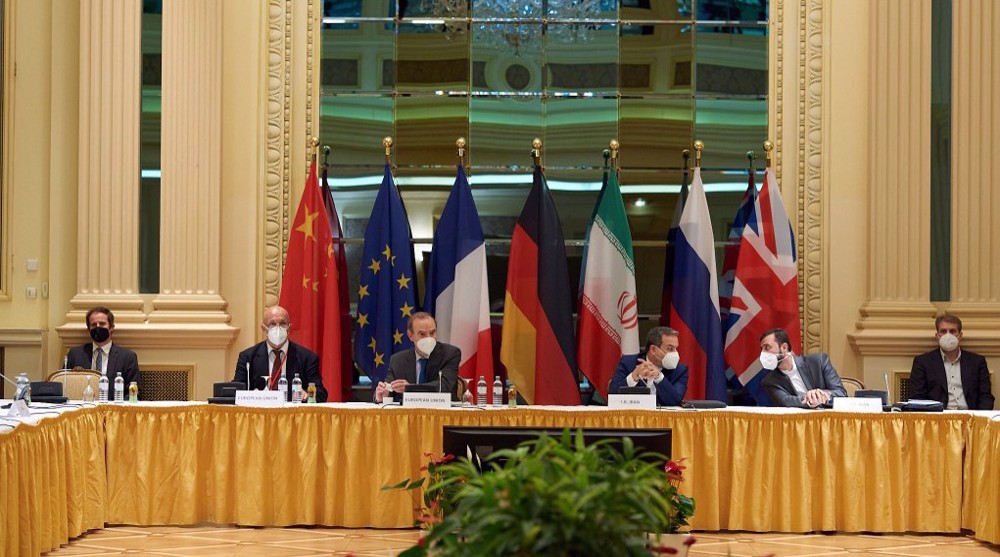
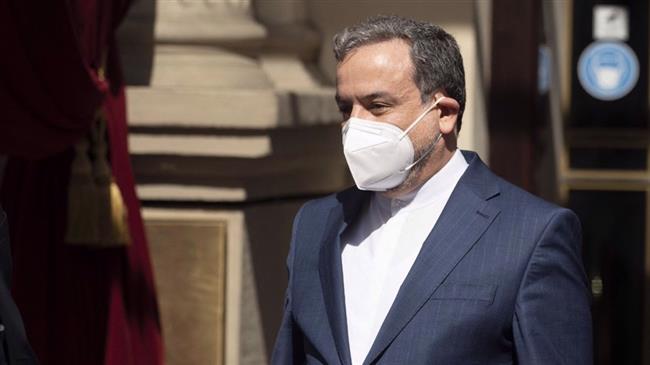



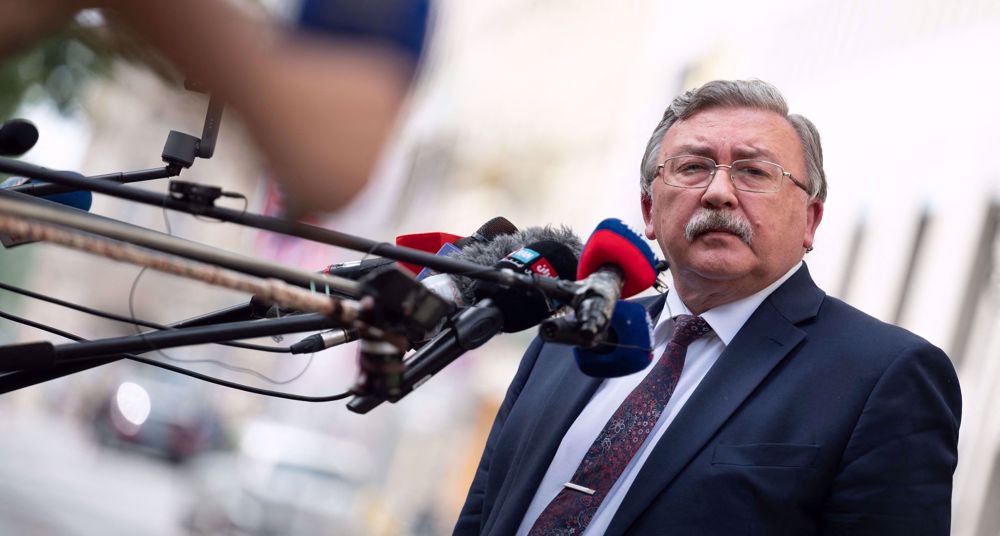
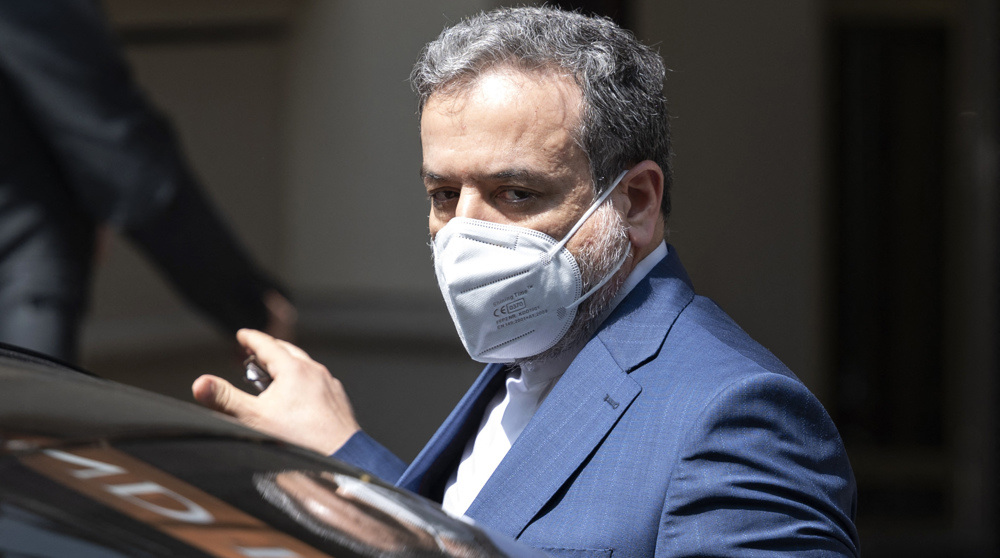
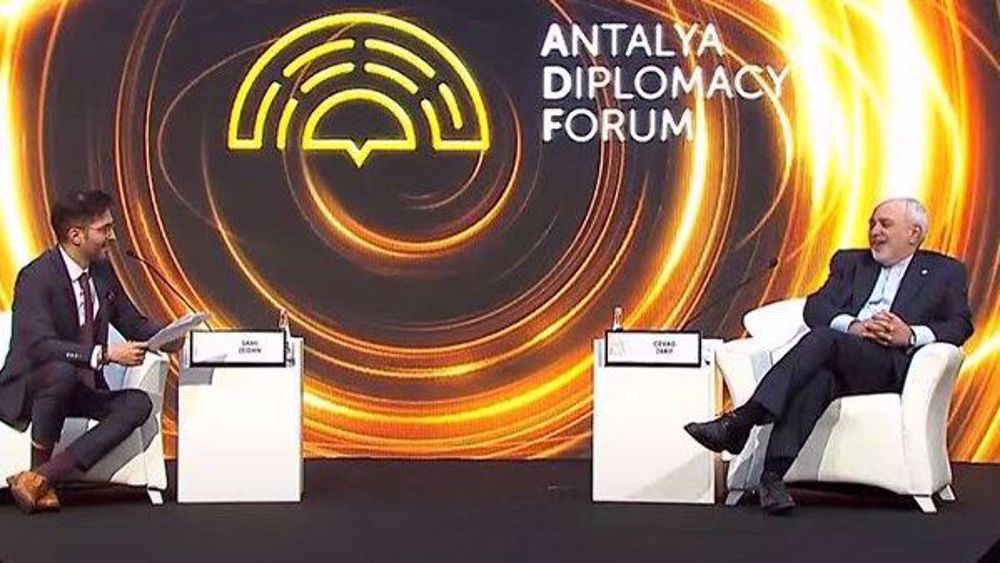
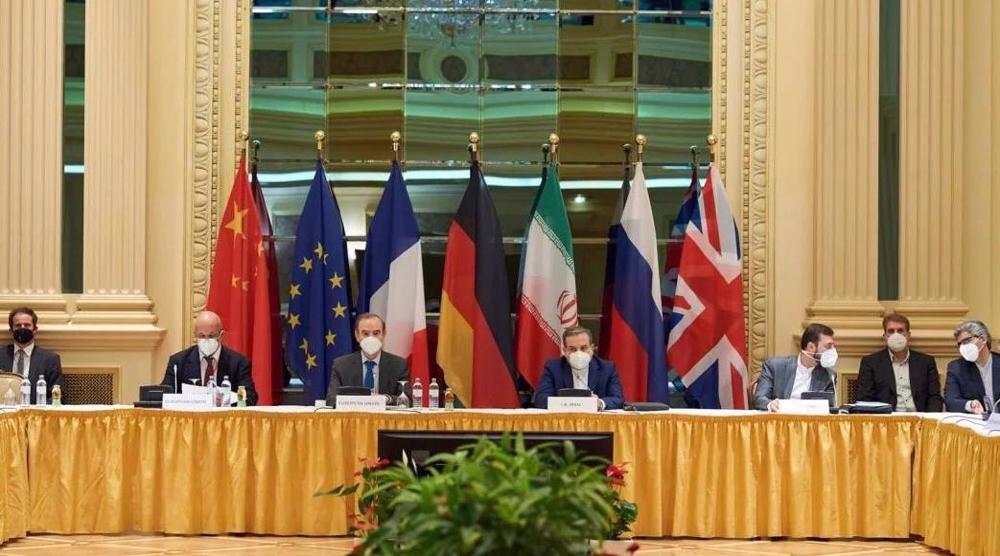

 This makes it easy to access the Press TV website
This makes it easy to access the Press TV website